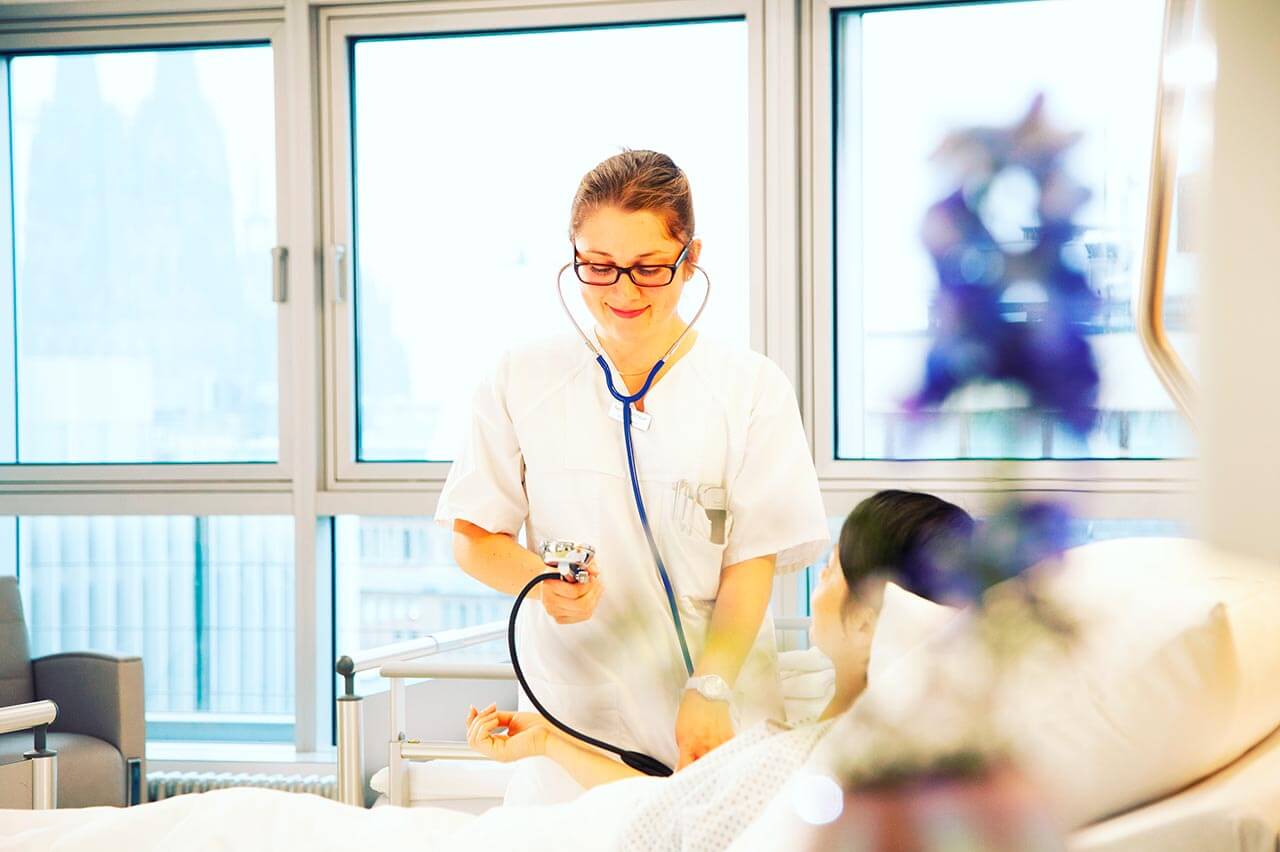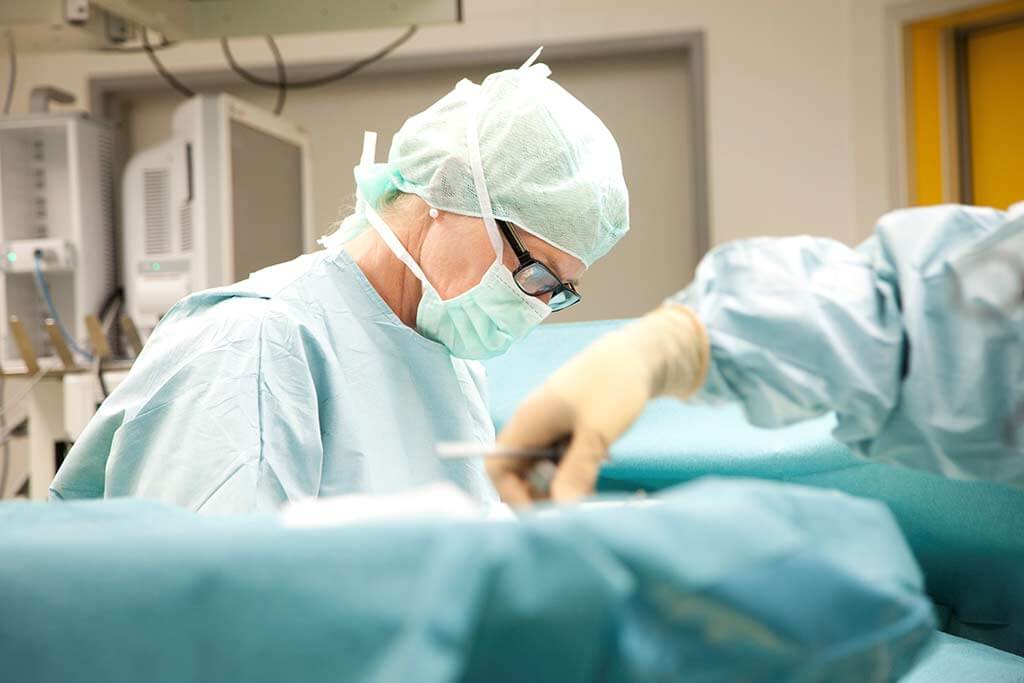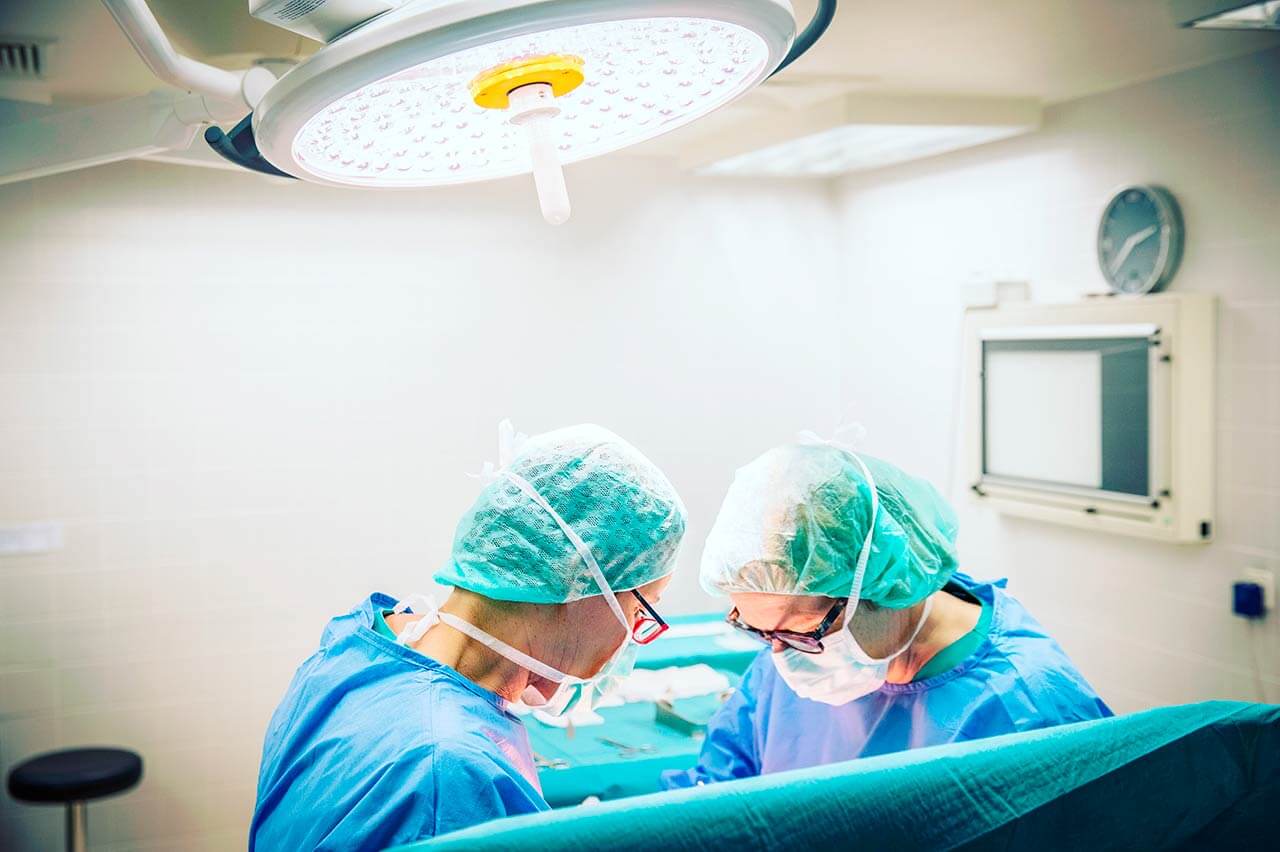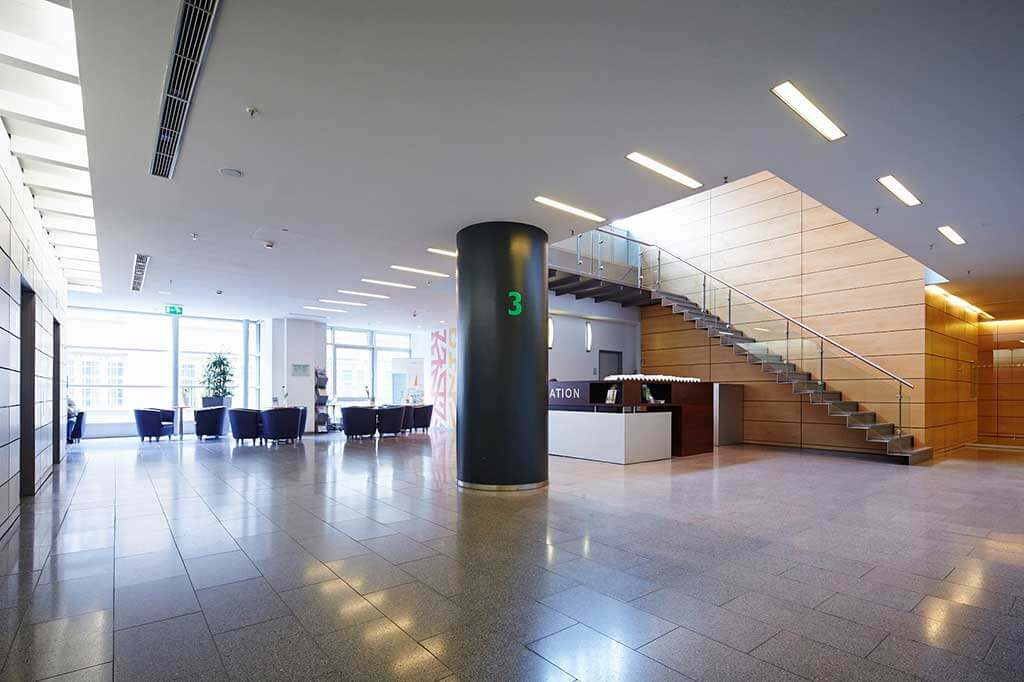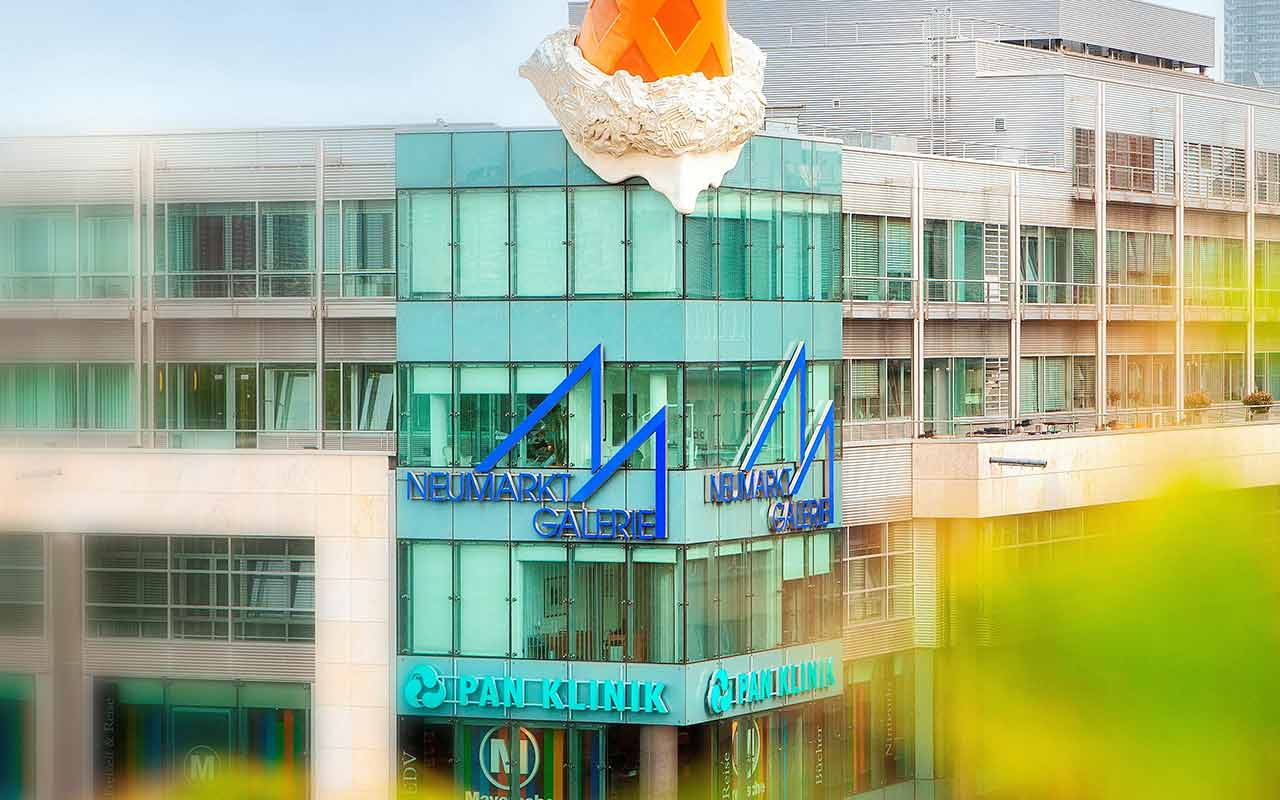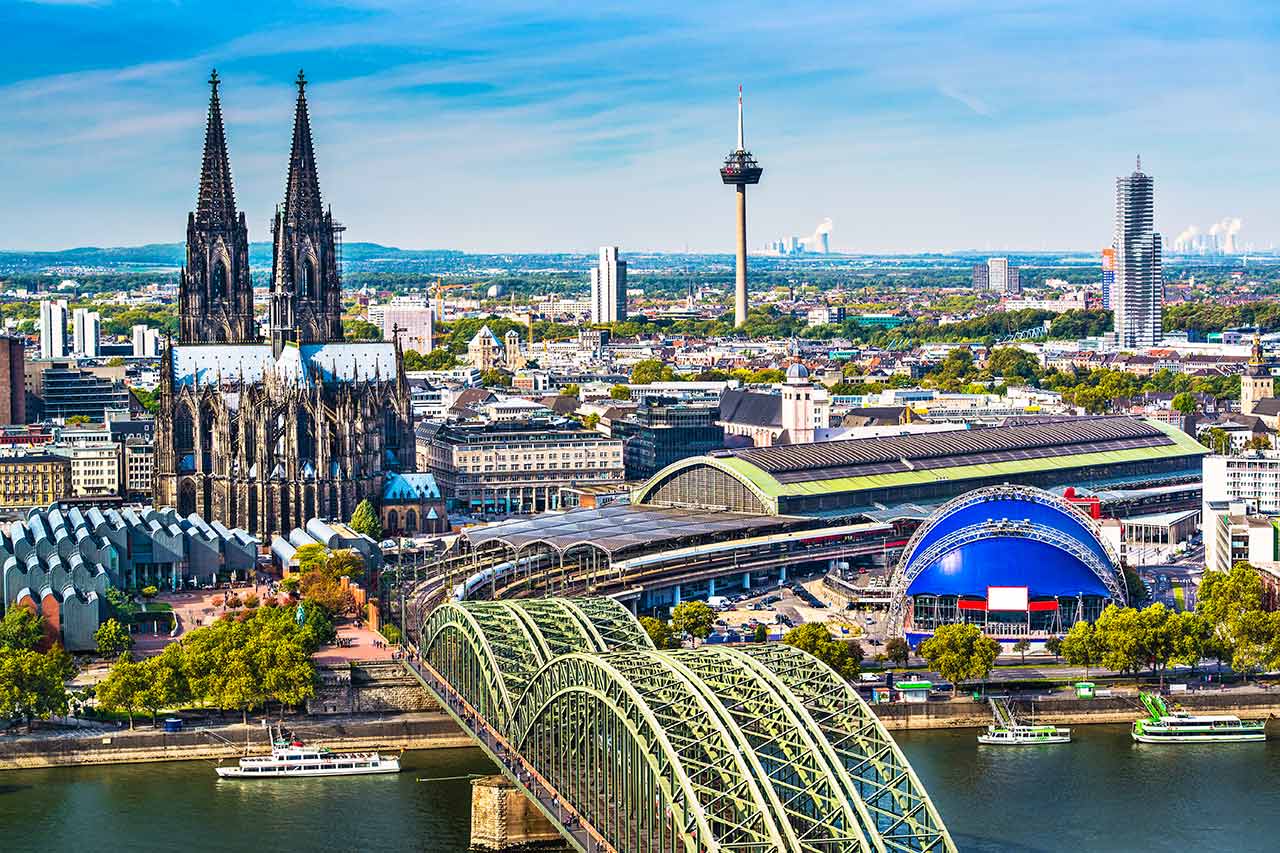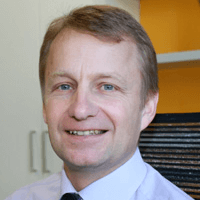
The program includes:
- Initial presentation in the clinic
- clinical history taking
- review of medical records
- physical examination
- laboratory tests:
- complete blood count
- biochemical analysis of blood
- inflammation indicators
- indicators blood coagulation
- abdominal ultrasound
- CT/ MRI of abdomen
- gastroscopy, colonoscopy, sigmoidoscopy with biopsy
- сapsule endoscopy
- nursing services
- explanation of future recommendations
Required documents
- Medical records
- Colonoscopy (if available)
Service
You may also book:
 BookingHealth Price from:
BookingHealth Price from:
About the department
The Department of Proctology and Endoscopy at the PAN Clinic Cologne offers the full range of medical services in these fields. The department's doctors provide all modern diagnostic and therapeutic procedures for the patients suffering from rectal diseases. In addition, the patients with stomach and colon diseases can get medical care here. The key focus is on endoscopic examinations and endoscopic therapy. The department has a unique experience in the treatment of fecal incontinence and offers many innovative methods, including the Gatekeeper surgical procedure and percutaneous tibial nerve stimulation (PTNS). The diagnostic and treatment rooms in the department are equipped with modern devices, which allows maintaining the high quality of medical care. The department strictly adheres to the hygiene and safety standards. The health of patients is in the safe hands of highly qualified doctors who have undergone training in the best hospitals in Germany, other European countries and the USA. The Chief Physician of the department is PD Dr. med. Hartmut Schäfer.
Every day, the department's doctors perform diagnostic endoscopic procedures: gastroscopy, colonoscopy, rectoscopy and anoscopy. A gastroscopy is used to examine the esophagus, stomach and duodenum, while a colonoscopy is carried out to assess the inner surface of the colon. When conducting rectoscopy, the department's doctors examine the mucous membrane of the rectum and distal sigmoid colon. An anoscopy is indicated for the patients with suspected anal canal pathology. Each of the above mentioned diagnostic procedures requires preparation. For example, 6 hours prior to gastroscopy, the patient is prohibited from eating food, and 1-2 hours prior to anoscopy, an enema is required. To ensure the maximum comfort for the patients, the doctors use conscious sedation (medication sleep) during endoscopic examinations. Thus, the patient is conscious, but at the same time the harmful effects of anesthetics on the heart and nervous system are excluded.
The department can offer not only diagnostic tests. With appropriate clinical indications, gastroscopy, colonoscopy, rectoscopy and anoscopy can also be performed for therapeutic purposes. For example, gastroscopy and colonoscopy can be used for removing foreign bodies in the stomach or colon, taking measures to stop gastrointestinal intestinal bleeding, removing polyps, small stomach and colon tumors. When performing anoscopy, the department's doctors can provide sclerotherapy and ligation of enlarged hemorrhoids, treatment of anal fissures, coagulation of pathological foci, etc.
The specialists of the medical facility demonstrate excellent results in the treatment of fecal incontinence. The department uses innovative therapies, including the Gatekeeper surgical procedure, percutaneous tibial nerve stimulation (PTNS) and sacral nerve stimulation. The Gatekeeper surgical procedure is most commonly indicated for the patients with severe anal sphincter weakness. The essence of the operation is to implant a special fixing device between the muscles of the internal and external anal sphincter, which contributes to a tighter closure of the anal sphincter and, accordingly, to the elimination of fecal incontinence. Percutaneous tibial nerve stimulation (PTNS) also provides excellent results in the treatment of fecal incontinence. The therapeutic procedure is a non-invasive treatment method, the effectiveness of which is many times superior to drug therapy. During the procedure, a thin electrode is inserted into the area where the tibial nerve passes through and is connected to a neurostimulator. Prior to a therapeutic manipulation, the specialists assess if the electrode is properly placed. Percutaneous tibial nerve stimulation (PTNS) is usually carried out once a week. As a rule, the treatment course lasts 12 weeks.
The department specializes in the diagnostics and treatment of the following diseases:
| Hemorrhoids |
| Anal venous thrombosis |
| Hemorrhoidal anal skin tags |
| Anal fissures |
| Anal abscesses and fistulas |
| Rectal prolapse |
| Gastrointestinal tumors (stomach, colon, rectal tumors) |
| Anal and perianal tumors (benign and malignant) |
| Anal and perianal warts |
| Inflammatory bowel disease (Crohn's disease and ulcerative colitis) |
| Fecal incontinence |
| Other proctological pathologies |
The department's range of medical services includes:
| Diagnostics |
|
| Therapy |
|
| Other diagnostic and therapeutic options |
Curriculum vitae
Higher Education and Professional Career
- Study of Human Medicine at the University of Cologne.
- 1989 Internship in the Department of Surgery at the University Hospital Cologne.
- 1991 Doctoral thesis defense. Subject: "Chronic heart failure caused by intake of ibopamine".
- 1991 - 1993 Internship abroad, Rome (Italy), scholarship of the German Research Foundation.
- 1993 Resumption of work at the University Hospital Cologne.
- 1995 Board certification, University Hospital Cologne.
- Until 31.07.2012 Senior Physician and Head of the Section of Surgical Endoscopy and Proctology in the Department of General, Abdominal and Cancer Surgery at the University Hospital Cologne.
- Assistant Professor at the University of Cologne and Member of the State Commission for Final Examination of Medical Students at the University of Cologne.
- Since 01.09.2010 Chief Physician in the Department of Proctology and Endoscopy at the PAN Clinic Cologne.
Qualifications
- Board certification in Surgery.
- Board certification in Coloproctology – certificate of the European Board of Surgical Qualification (EBSQ).
- Board certification in Proctology.
Clinical and Research Interests
- Treatment of colorectal diseases.
- Endoscopic diagnostics and treatment of gastrointestinal diseases.
Photo of the doctor: (c) PAN Klinik
About hospital
The PAN Clinic Cologne is a multidisciplinary medical facility that combines advanced medicine, excellent quality of patient care and a high level of comfort. Founded in 1999, the clinic is located in the very heart of Cologne. During this time, the medical complex has gained long clinical experience, but at the same time it has preserved its primary concept of medical care – high-quality diagnostics and treatment using the achievements of modern medicine.
Today, a huge team of doctors at the clinic admits patients in 25 medical fields, including neurosurgery, neurology, orthopedics, cardiology, gynecology, mammology, urology, endocrinology, plastic surgery, etc. It is worth noting that the clinic employs the best specialists with a wealth of experience and thorough clinical training in the best medical facilities in Germany, other countries of Europe and USA. The clinic's medical team includes many professors who are distinguished by outstanding achievements in the treatment of diseases of a particular profile and who successfully conduct research activities, participate in national and international congresses, symposia and other events.
The clinic annually provides treatment to more than 10,000 patients, and more than 3,000 interventions of varying complexity are performed in its operating rooms. The operating theaters have state-of-the-art technology and equipment for classical open surgery and minimally invasive interventions. In addition, all departments of the medical facility have advanced diagnostic equipment, so that doctors always make the correct diagnosis, which determines the success of subsequent treatment. During the therapeutic process, the specialists strive to choose the most sparing, but at the same time highly effective treatment regimen.
The quality of medical services provided in the clinic is awarded with the prestigious DIN ISO 9001 certification, and therefore patients trust their health to doctors with complete confidence and benefit from the optimal treatment of the European standard.
Photo: (с) PAN Klinik, (c) depositphotos
Accommodation in hospital
Patients rooms
The patients of the PAN Clinic Cologne live in light and cozy rooms with a modern design. A standard patient room includes a comfortable automatically adjustable bed, a bedside table, an air conditioning, a DVD player, a telephone, a TV and a nurse call system. The patient rooms also have Wi-Fi. Each patient room has an ensuite bathroom with shower and toilet. The bathroom also has a hairdryer and towels.
If desired, the patients can live in enhanced-comfort rooms. These patient rooms are distinguished by their more exclusive interiors, as well as beautiful views of the Cologne Cathedral and cityscapes. The bathrooms in these enhanced-comfort facilities include disposable slippers, a bathrobe, towels and toiletries. In addition, the patients living in enhanced-comfort rooms are offered a special menu.
Meals and Menus
The patient and his accompanying person are offered tasty and balanced three meals a day: buffet style breakfast and dinner, as well as lunch consisting of 3-4 courses. If for some reason you do not eat all the foods, you will be offered an individual menu. Please inform the medical staff about your dietary preferences prior to treatment.
Further details
Standard rooms include:
Religion
The religious services are available upon request.
Accompanying person
During the inpatient program, the accompanying person can live with the patient in a patient room or a hotel of his choice. Our managers will help you choose the most suitable option.
Hotel
During the outpatient program, the patient can stay at the hotel of his choice. Our managers will help you choose the most suitable option.
